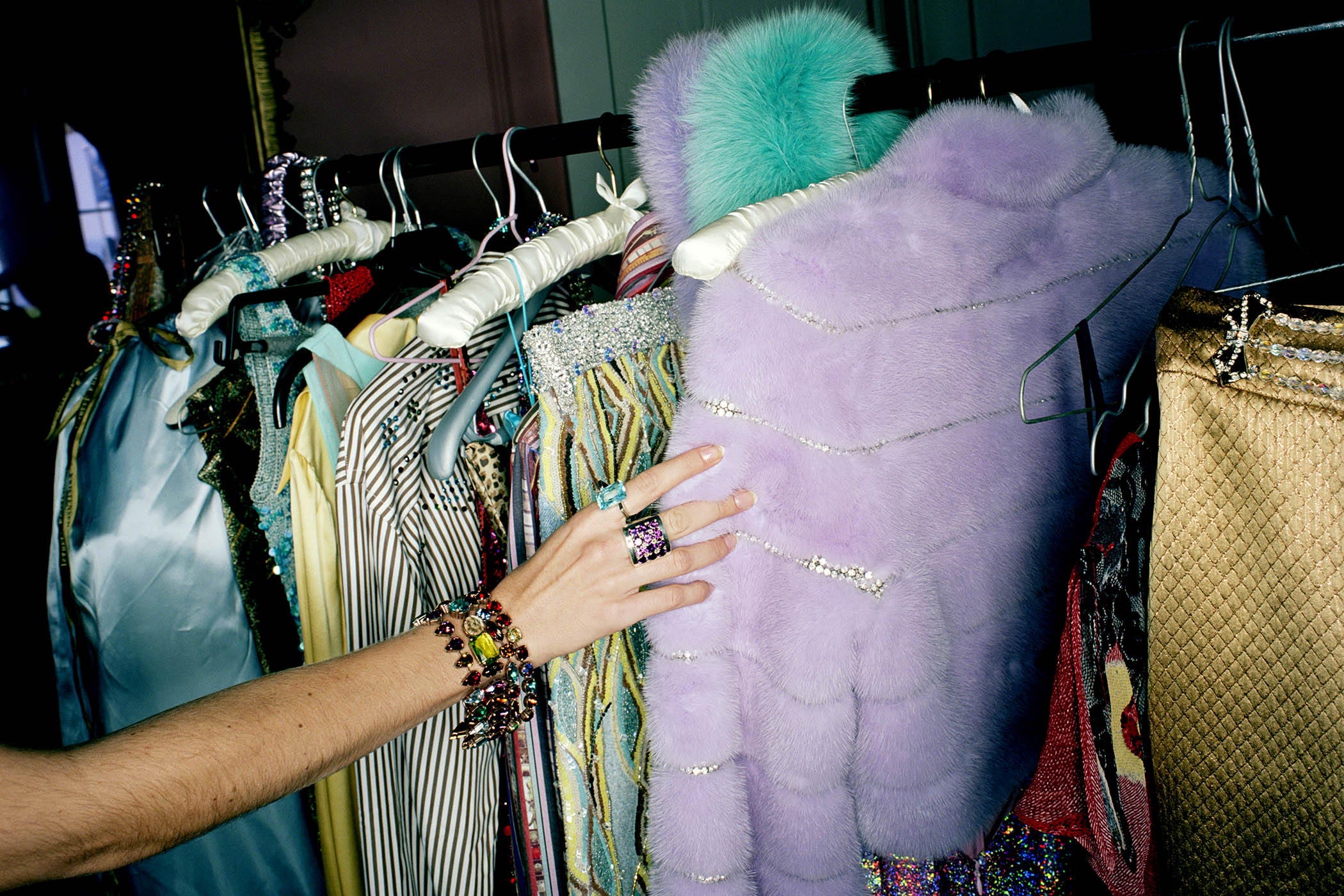Some people take drugs. Others go bungee jumping. I get my highs from scoring charity shop bargains. Ever since I was a teenager in Edinburgh, mooching around Stockbridge for second-hand gear that wouldn’t bust my allowance, one of my favourite hobbies has been to dive into the rails and hunt for diamonds in the rough.
Sadly, the diamonds are becoming scarcer, the rough becoming way rougher. That’s because charity shops are struggling. Cancer Research UK recently announced it would be shutting hundreds of shops; Scope has already closed more than 50 branches this year. Other charities, such as British Heart Foundation, Oxfam and Barnardo’s, say sales are sluggish.
This is not just because of rising costs and higher employer national insurance. Both the quality and quantity of donations are in freefall – and there are two main culprits.
One is fast fashion, made in industrial volumes to such poor standards that charity shops can’t sell it, even to the so-called “rag trade”. Patrick Grant, the guru of sustainable fashion, recently described to me one charity shop’s sorting room, where one corner was piled high with clothes from Zara, and the other corner with everything else.
The other culprit? Online resale platforms such as Depop and Vinted, which is reportedly exploring a share sale that would value the company at €8bn (£7bn).
I understand the impulse to make a quick buck when times are tough. But if someone thinks they can flog some used Lilo & Stitch bobbly pyjamas from Primark for £3.33 (true story), anything remotely decent is bound to be sold, rather than given away. That means charity shops must charge more for the good stuff, reducing their appeal to low-income shoppers. Many shops are fighting back by building online platforms or giving their stores a glow-up. Think designer donations and collaborations with brands to take unsold stock.
As innovative as that is, I worry that the humble charity shop, built on unflashy but decent public donations, is in trouble.
I donate to my local Fara shop, which helps vulnerable children in Romania, and was recently told my items had raised more than £100. Because I use Gift Aid, Fara can reclaim basic rate tax, making these sales 25% more valuable to the charity.
I wish I could say I’m being purely altruistic. The truth? Look at the stacks of mediocre clothes hanging around for months on resale apps, their sellers repeatedly slashing prices to barely more than postage and packaging. How often is it worthwhile?
As much as I like a canny side hustle, I wonder if more people like me will soon long to get off their phones, get their unworn clothes out of the house and get on with life. That impulse might just keep our charities and high streets alive – and preserve the unbeatable thrill of finding a real bargain in real life.
Newsletters
Choose the newsletters you want to receive
View more
For information about how The Observer protects your data, read our Privacy Policy



